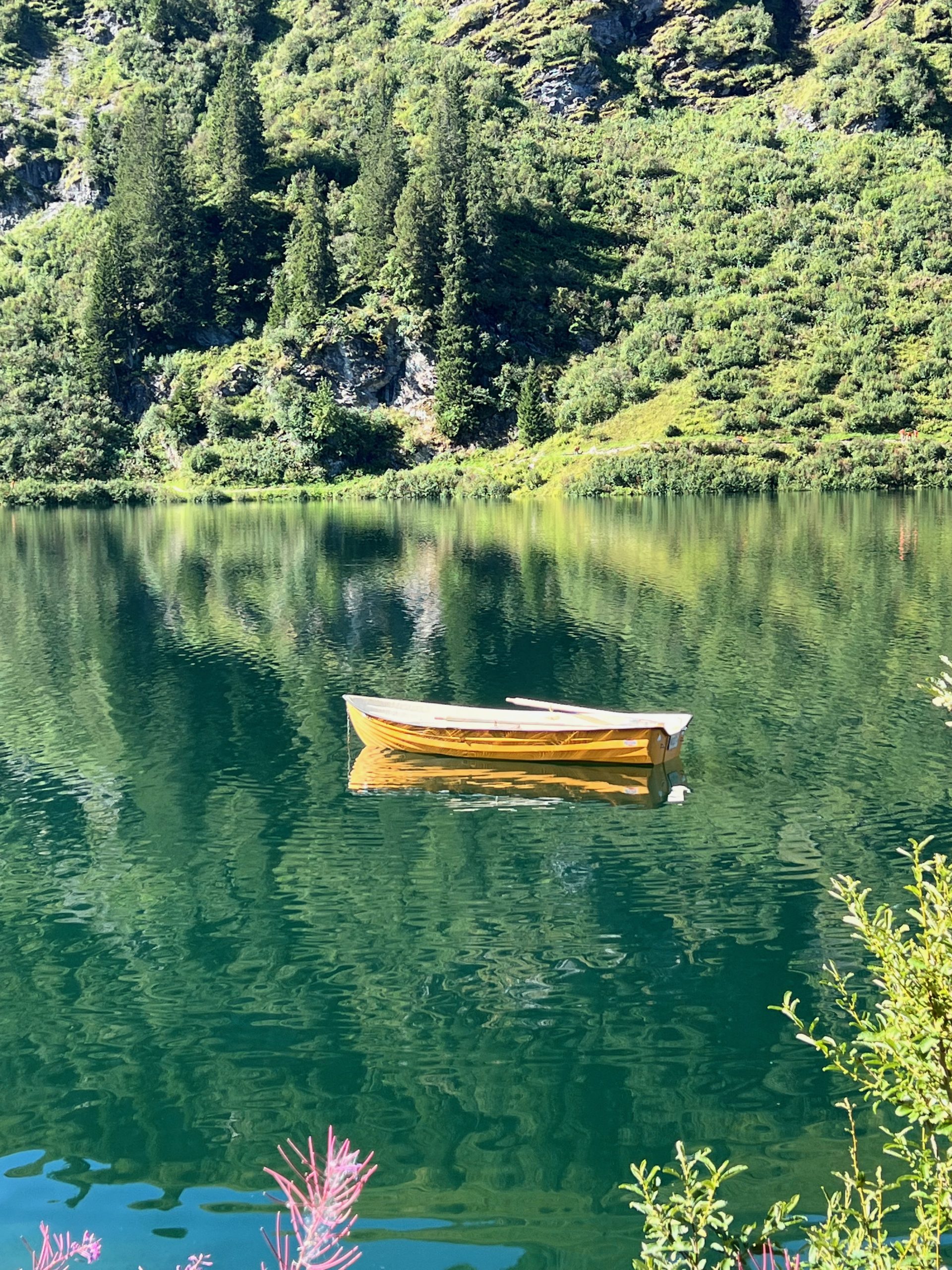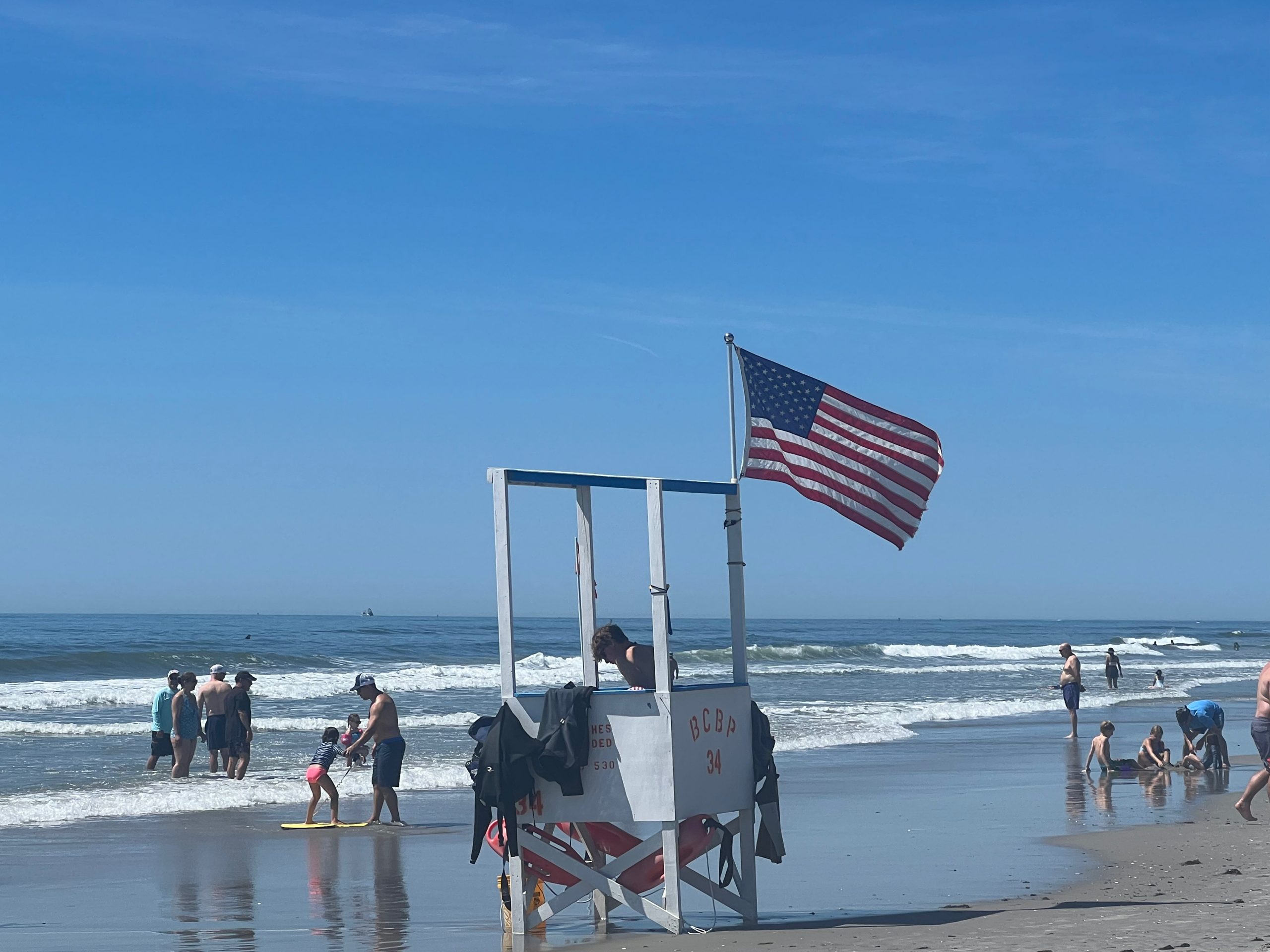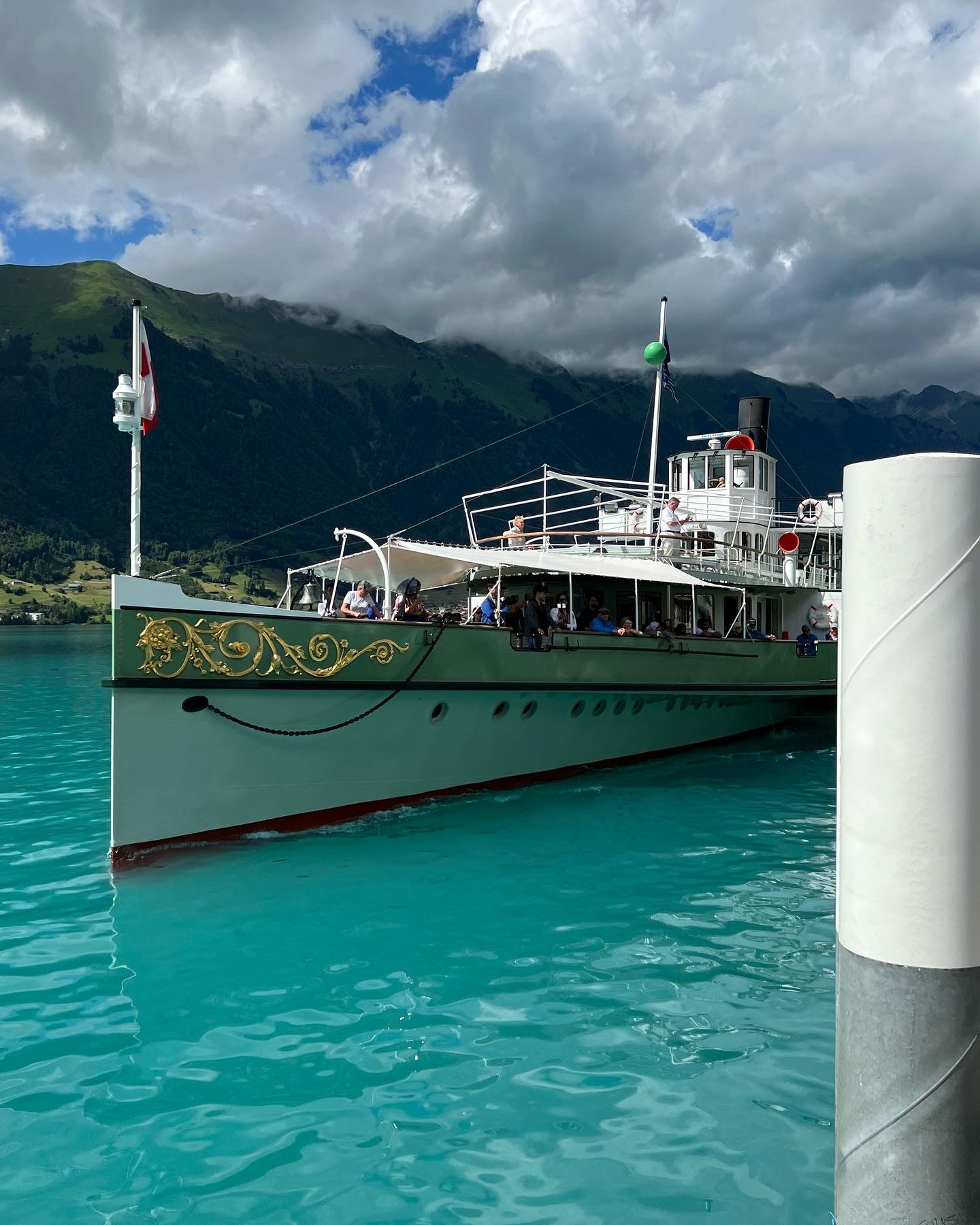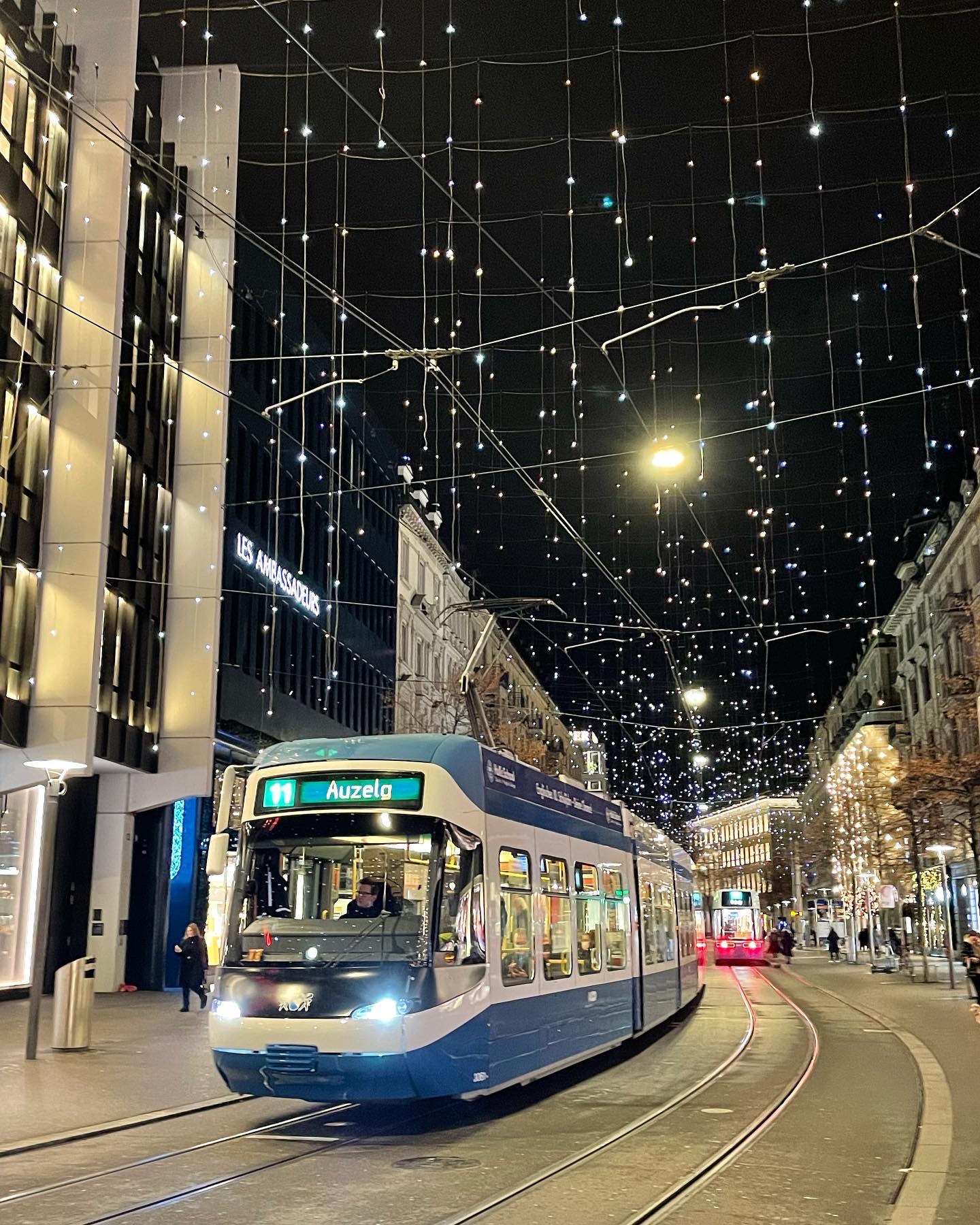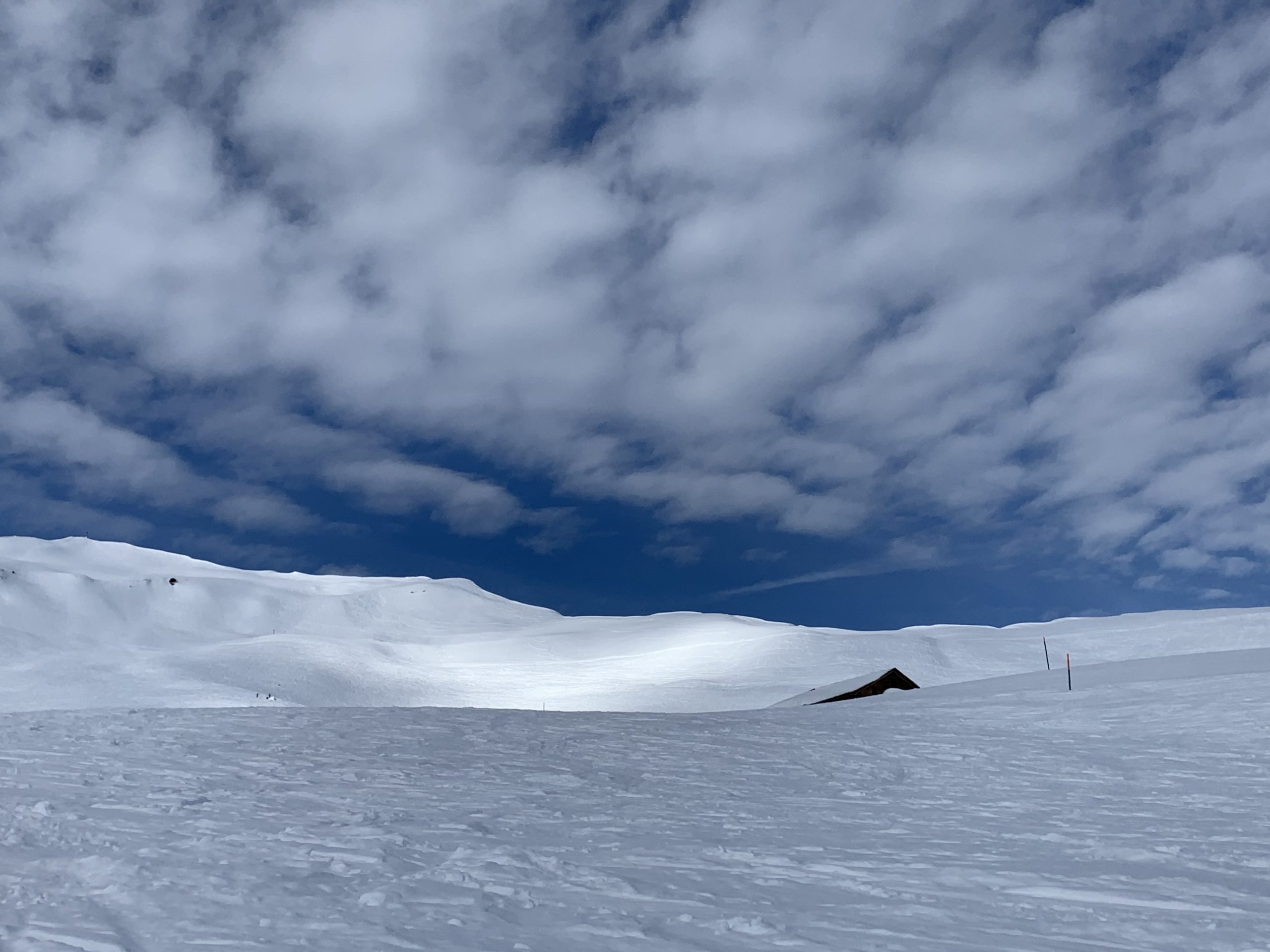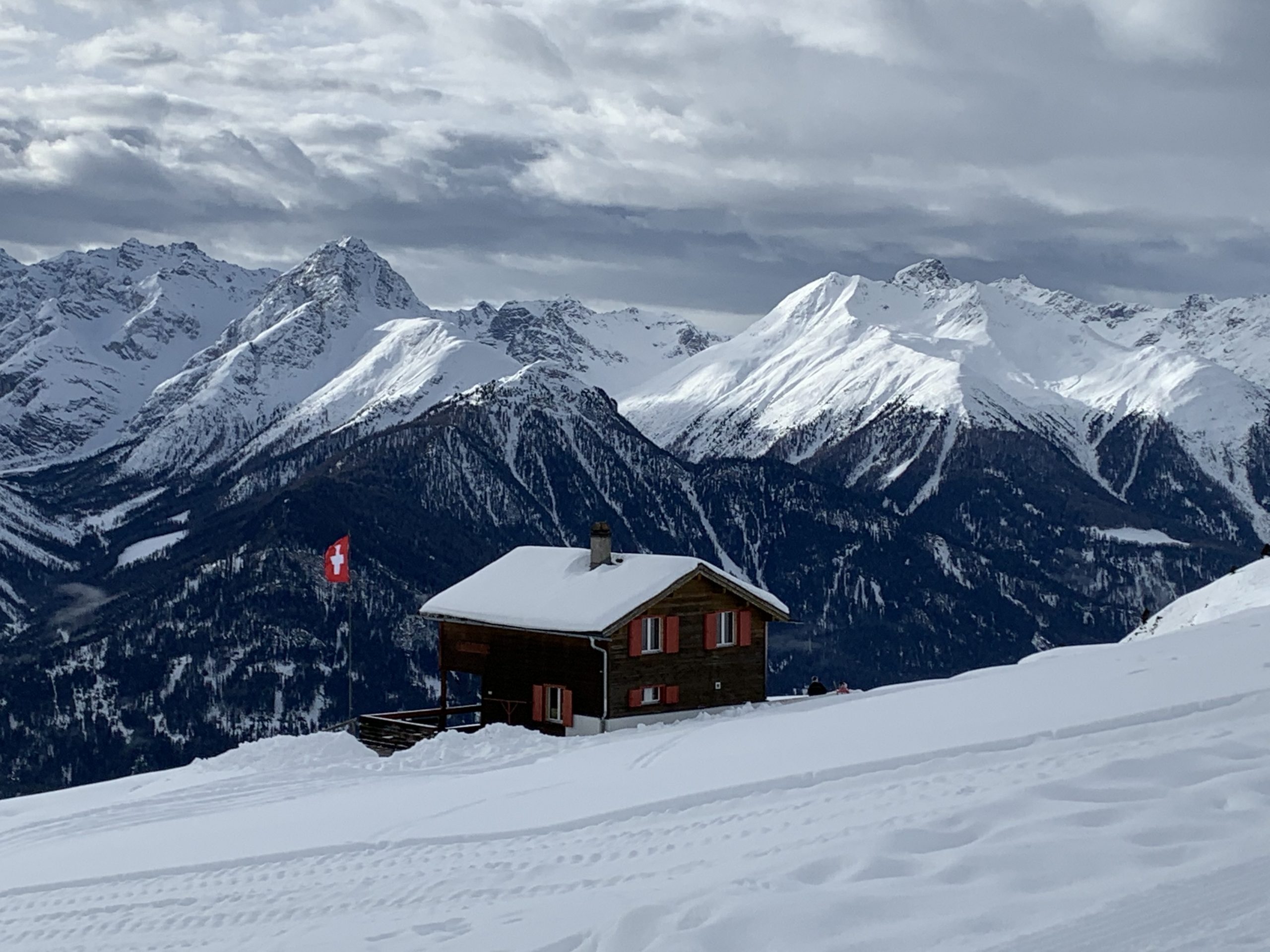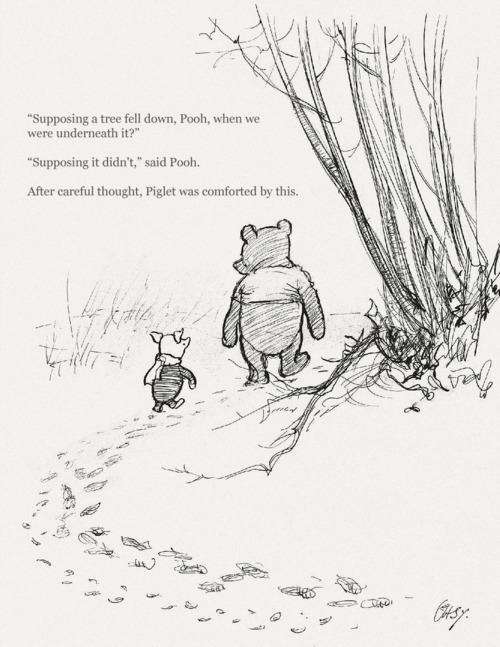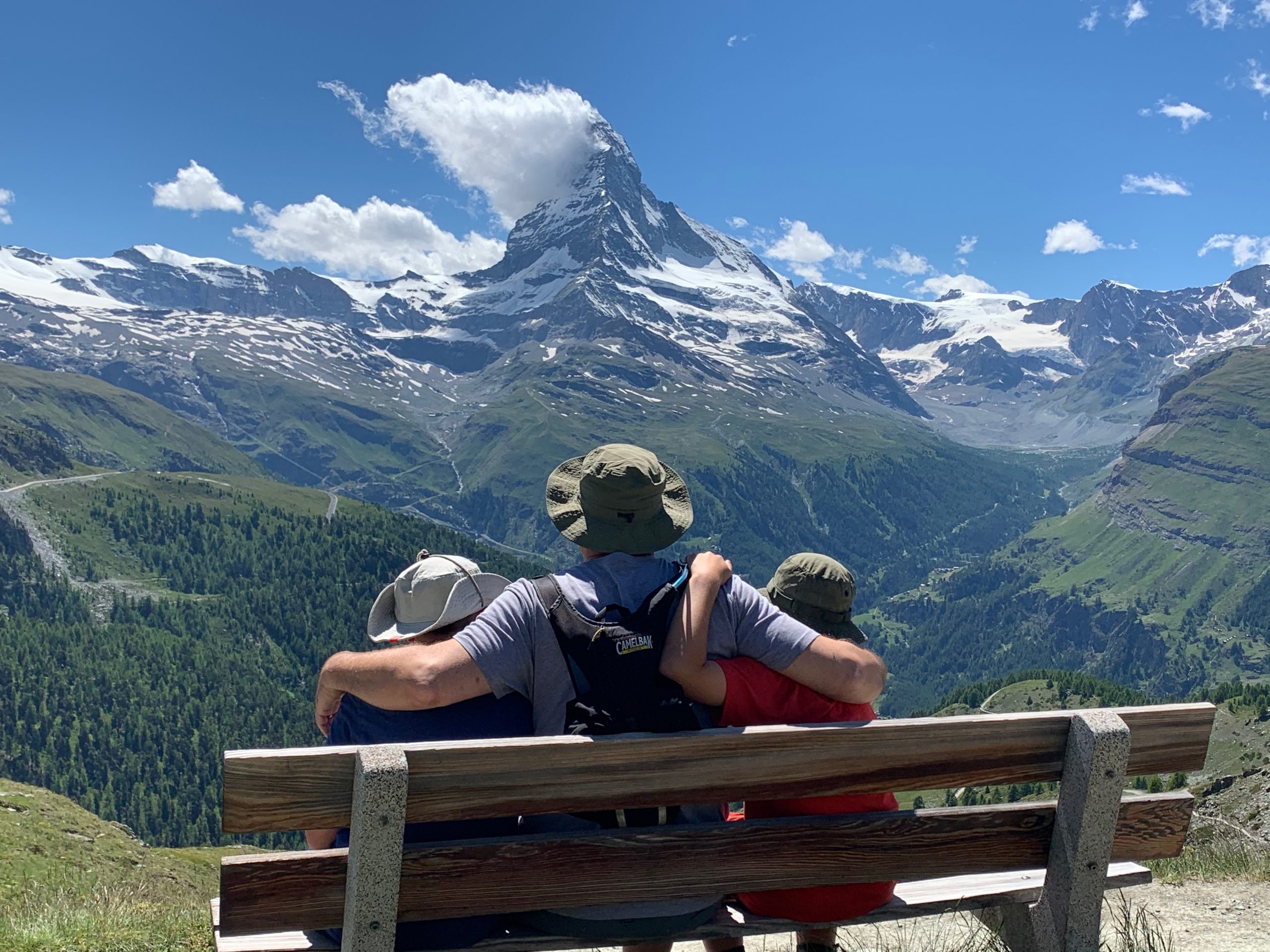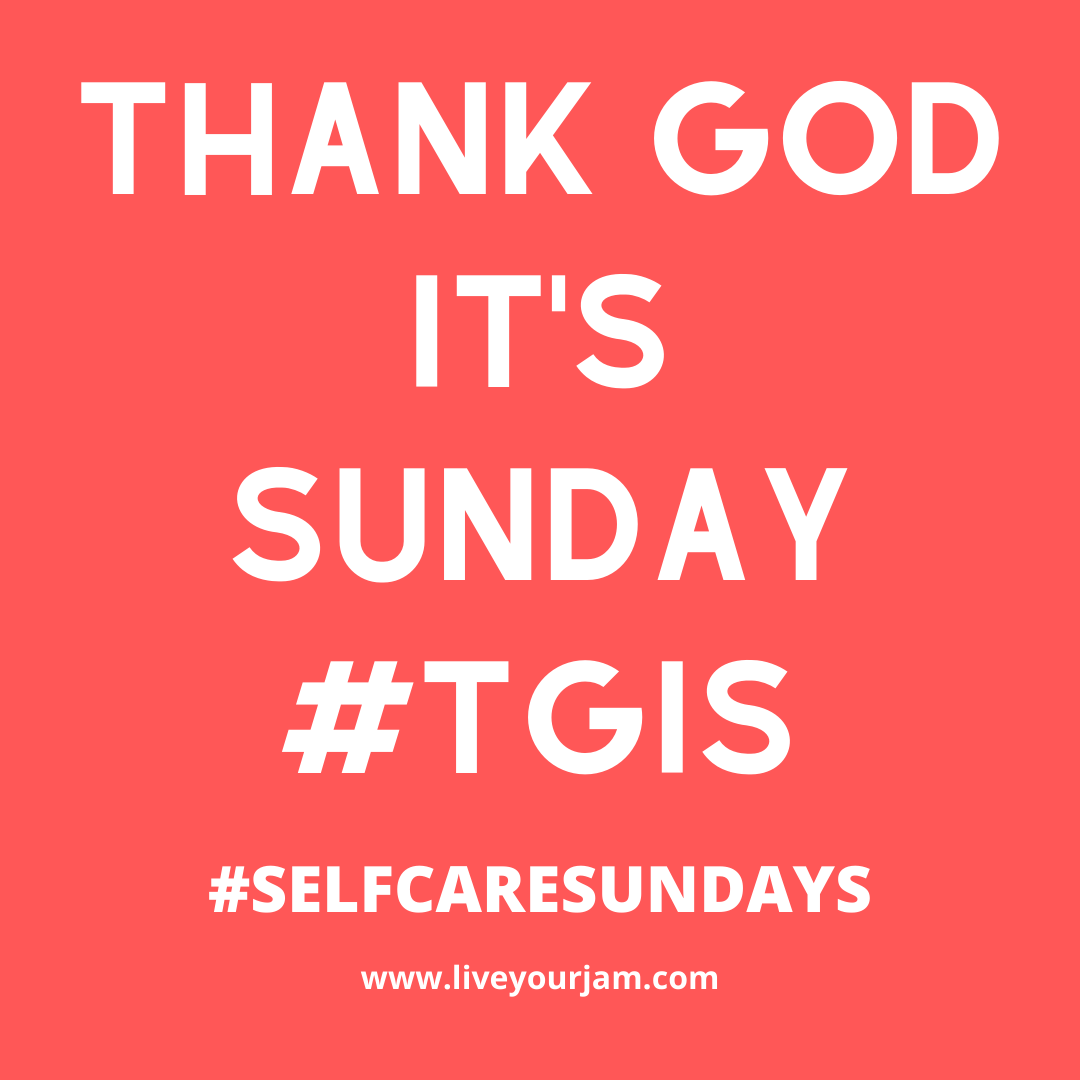I hope this post finds everyone rested and well after summer. For my friends in the Southern Hemisphere – spring is coming!
I am writing to give you an update. Four years ago this month, I launched Live Your Jam with a mission to help more people lead fulfilling lives. I am still as passionate about the mission today as I was in 2018. I was inspired to help more people — not just those in organizations. My plan was to scale Live Your Jam by holding workshops, and selling content, and services to have a broader impact. For four years, I didn’t sell any services or hold any workshops. That’s quite a track record. Clearly, not my Jam!
In the past three years, I’ve slowed the pace of my work and personal life – mostly due to our family’s move to Europe. The change has allowed me to experiment with what fulfills me and also become more mindful of how I spend my time.
I now work part-time in my consulting and coaching practice. The “extra” time I have is spent in nature, writing, and cooking. These restorative outlets feed my soul and give me more energy and focus, which has improved the quality of my work in helping leaders and their teams.
The integration of working less with other creative pursuits has been profoundly insightful. My ego has tried to sabotage my fulfillment with zingers like, “Are you living up to your potential?” or “Are you playing life ‘small’?” Luckily, I know that the thoughts in my head – are just thoughts and my mind’s attempt to keep me away from my whole Self. To be fair, I do think that there are times when we need to challenge ourselves and step into our full potential – as well as times when we keep ourselves small out of fear. In my case, I am happy with this change for now. So, I continue to notice these self-sabotaging thoughts and then let them go.
This leads me to share that my Live Your Jam website will be a home for my writing. I’m going to give myself permission to write whatever I want. In the past, I have written with the intention to provide people with tools and actionable steps – things that have worked for me or I have learned via my amazing clients. Because I’m so passionate about living a life where we each use our unique gifts – it’s safe to say Jam themes will remain dominant. I will send out digests of my writing periodically through this email list for you to peruse or not! Feel free to stay on the list if the change sounds appealing or you can unsubscribe at any time.
Fulfillment is a personal journey that is ironically found in each moment. I wish you all many moments of Jam.
Blessings and light,
Ellen
We returned this week to Switzerland from five weeks in the USA. Our summer was focused on family and practical matters. My mother-in-law passed away in the spring at the age of 89. She lived a full life and passed peacefully in her favorite chair. We are happy for her.
My husband is an only child so the responsibility and honor of her funeral and clearing out her home fell to him. He rose to both occasions beautifully. The funeral was a loving event. It was wonderful for our two boys to hear stories about their Grandmother from others – enlarging their perspective of who she was as a person outside of her role as Grandma.
Clearing out her home of 50-plus years was both challenging and sweet. The challenge was the sheer volume of things collected; some forgotten, some cherished over a lifetime. There were dumpsters involved, countless trips to Goodwill, boxes and boxes! of book donations to the local library, and saving or shipping sentimental items to other family members. The sweetness was found in treasures like old passports – Pat was a world traveler and had visited more than 20 countries long before I met her. Our teenage sons enjoyed the different currencies she collected from her travels – many no longer in circulation.
I was able to break away to fly across the country to visit my 93-year-old mother who was staying with one of my brothers and his sweet family. My time with them was grounding and fulfilling. Living in another country with a different language and distinct culture often feels like I inhabit two different worlds. The experience has sharpened my ability to be present because I realize that time with people I deeply love is rare.
Air travel with a dog is full of complexity but given the length of our trip, we took our dog, Chester. If there was an award for the most well-behaved and optimistic traveler – Chester is a shoo-in. There are a lot of humans who could learn from Chester. He traversed the two continents with ease – 6,800 miles/11,000 kilometers one way. His presence on this trip provided a sense of stability that we all craved amidst the chaos of boxes, piles of organizing belongings, and the dwindling seating and sleeping choices due to furniture donations. He also gave our boys a sense of duty. There are coyotes on the small island my mother-in-law lived. And, Chester’s size while perfect for flight travel is also perfect coyote prey. Our boys kept a watchful eye on him during walks and in Pat’s beautiful backyard that abuts the forest.
Our two ginger cats remained in Switzerland under the care of a kind and gentle Ukrainian refugee. It was a win/win for all of us. Five weeks is a long time even for independent indoor/outdoor cats to be without their people. We have been home five days now and the cats have barely gone outside. Instead, they prefer to sit next to any one of us and soak up the touch and love they dearly missed. As I write, a feline is laying on my arm unencumbered by the up and down movement of my typing. He’s just happy to be with me. I feel profound love and empathy for our cats. I recognize the fragility and preciousness of their dependence on us and our connection to them.
As I headed out to the grocery store to re-stock the refrigerator after the 25-hour door-to-door journey. I kept the meal plan simple – a salad. At self-checkout, I realized I forgot to get a cucumber. Tired, I decided not to go back to the produce section on the other side of the store. I paid for my groceries, took three steps toward the exit, and glanced at the self-checkout station next to mine. There sat a lone cucumber! I immediately laughed out loud! I looked around to make sure it didn’t belong to anyone, paid for it, and said a sincere prayer of thanks.
I am blessed to return to a place and life that I love. I am humbled that I also am able to leave it for long periods to connect to people I love. I also see the Universe’s amazing sense of humor to bring us cucumbers just when we need them most.
When we moved to Switzerland from the USA three years ago, I changed from working full-time to part-time to help our family make the transition to a new country.
I help people for a living and am fortunate that my work is my life purpose. Even with a deep connection to my work, I really enjoy working part-time. For the time being, I’ve decided to keep it that way. I don’t have the stress that I had before being a working mom. Working less allows me to be more present for my family and myself.
So, what does the thinking mind do when life is calm and happy? It conjures problems. To prove my point, I recently said to my close friend Alexa, “Maybe I should work more because Rob (my husband) has most of the financial burden. If I worked more, I could share that responsibility.” Alexa spat out her tea. (This is exactly what a good friend should do when you say something ridiculous.)
Alexa replied, “Who will share your burden of groceries, cooking, feeding and care of animals, kids’ schedules, laundry, social director…. shall I go on?” It’s true. My husband’s career is very demanding and hasn’t allowed for the flexibility mine has. I am the engineer of our family’s Operating System: Coder-In-Chief, responsible for all upgrades and bug fixes.
So, why with a full plate of responsibilities was I questioning my contribution? I had to ask myself, “Do I really believe my domestic contributions and responsibilities aren’t as valuable as a working parent?”
There is a fundamental belief in our society that says, WE ARE WHAT WE EARN. This question is not foreign to stay-at-home parents, teachers, nurses, healthcare workers, and countless other roles in society that are critical but not well-compensated.
When I was working full-time in the USA, I had a firm belief that domestic contributions in a household were as important as financial contributions. My belief was tested as my financial contribution diminished. We’ve all had that happen. We hold an opinion or belief about something and then we have a direct experience (new data) that informs our opinion or belief and with it brings a new perspective.
Whatever your contributions are to society, don’t buy the lie. You are not what you earn, you are so much more.
I always allow time over the Christmas holidays to reflect on the past year and set intentions and goals for the year ahead. 2021 was a tough year for many – myself included.
I have been procrastinating on this year’s reflection practice. Like an awkward conversation I don’t want to revisit or a painful memory that is still too tender to process, I prefer to jump into 2022 without looking back. Yet, I know as blissful as avoidance can be – integration of “what is” is a better teacher for “what is” to come.
Here are a few of my hardwon insights from 2021.
- I have too many shoes and seem to struggle using the last quarter bottle of shampoo. (We moved locally in December – forcing an inventory.)
- When you encounter unscrupulous bullies in life. Don’t back down; but also don’t give them your mental and emotional energy. Place your energy on the light – the people whom you respect, share your core values, and are blessed to call a friend. Thank you to all my friends – you know who you are.
- Don’t be afraid of endings. The prospect of change may be uncomfortable, but embedded in every change is the opportunity to create something new and better suited to where you are at that point in your life.
- 7-8 hours of sleep each night and taking a brisk walk outside every day are gifts that are never to be taken for granted.
- If the people in your family are healthy and happy two years into a global pandemic, you are beyond blessed.
How did I arrive at the insights I shared above? There are many ways to practice reflection. We can answer specific reflection questions, or use different lenses or perspectives from which to reflect on a situation.
Depending on the year, I mix it up. For example, since 2021 was challenging, I wanted to look at the lessons learned. I took the biggest challenges in 2021 and then asked a follow-up question, “How did I overcome these challenges?” And, from there, I derived insights. Also, since the global pandemic is still ongoing – here is a link to questions that look through the lens of the pandemic.
Reflection Questions for 2021
- How would I describe 2021 in just 3 words?
- What were my biggest achievements in 2021?
- What were my biggest challenges in 2021?
- How have I developed as a person in 2021?
- What can I leave behind?
- What can I take from 2021 into 2022?
You can also set your intentions for the year. Intentions are more overarching than goals and are focused on your inner relationship with yourself. Identifying your intentions can help you live your life with meaning and purpose.
Intention Questions for 2022
- What are 3 words that I want to describe my new year?
- What do I need to be my truest, authentic self?
- In which areas do I wish to grow?
- How do I want to feel on a daily basis?
- How can my work positively impact others?
- What is my ‘why’ behind the way I show up in my work?
- How do I become the best version of myself in my work?
With love, light, and a little help,
Ellen
We all get stuck in life; it happens. Knowing when you are stuck and how to get unstuck is key to leading a fulfilling life.
If you ask someone today what they want out of life, the majority will tell you that they want to eat at a restaurant again! Joking aside, they will say they want to be happy. If you dig deeper into what they mean, they’ll tell you that they want to feel good and be at ease.
Sometimes, we aren’t at ease, and feeling good is elusive. Our work or relationship once-thriving can become unsatisfying. Over time, if dissatisfaction persists, we can feel stuck.
What is the definition of being stuck? It’s the feeling of being not where we are supposed to be. It can also feel like persistent overwhelm or painful dissatisfaction with the current state or situation.
Being stuck can be tricky. To help navigate, here are three common ways we get stuck and remedies for each:
Self-Created Stuck
Self-created stuck is what Buddhists call suffering. Suffering is part of life. A loved one dies and we hurt deeply. The pain of them being gone is real. This type of suffering is part of the human condition. I’m not talking about that kind of suffering; I’m talking about the kind we create ourselves.
The good news is that Self-created suffering is avoidable. It is the mind’s way of not accepting what is. For example, when you deny or don’t accept that something is painful, you create suffering. Or when you expect something to be different than what it is — you create suffering. Let’s look at an easy example. You are in a work meeting and your idea for solving a problem falls flat with your colleagues. You are invested in being right — you feel disrespected and angry that your solution was overlooked. Instead of acknowledging your feelings, you tell yourself it was no big deal. Oh, it doesn’t stop here! You then begin to spend time thinking about how your colleagues’ solutions were terrible! You also create a narrative about how no one listens to you and all the extroverts at the meeting suck up all the time. It’s like a mind map of negative thinking to cover up accepting what happened! This is needless suffering.
Your Inner Purpose is to Awaken It’s As Simple As That
Eckhart Tolle
Remedy for Self-Created Stuck…
Accepting and acknowledging your uncomfortable feelings is crucial. So many times, we brush away uncomfortable truths only to inadvertently give them more power over us and steal our peace of mind.
Instead of becoming the central actor in your own self-created narratives. Use your observing mind to watch your thinking mind and immediately create distance between the narrative and your true Self. You’ll notice that you are not your thoughts and often, the scenarios you have created keep you from peace.
Comparison Stuck
This is another flavor of Self-created Stuck. Because it’s so potent, it deserves its own distinction. I have my own powerful personal experience with Comparison Stuck. Years ago, I attended a conference in my field of Organizational Psychology. The field is broad and this particular conference focused on an area that I don’t have a lot of experience in or obviously, proven skill!
For two days after the conference, I felt anxious. I was feeling low and began questioning my competence as a consultant. Luckily, on day three, I had an insight that if I had not attended this conference, I would not be so miserable. Not that I shouldn’t have attended the conference, but literally, that I allowed it to change me. My consulting ability hadn’t changed in those three days. But, how I was thinking about myself did. I was comparing myself to others who specialized in an area that was not a keen interest of mine. I was creating my own suffering. There’s a saying in yoga, “Stay on your own mat, in your own practice.” This means that everything outside of your mat has nothing to do with you, so don’t give it your energy.
Remedy for Comparison Stuck
Stay on your own mat! Don’t look at the person next to you doing the handstand or super-flexible twisty pose.When you compare, you surrender your peace of mind and what makes you unique. Just focus on your own skills, passion, and personal goals.
Dissatisfied Stuck
If your health, relationship, business, job gets stuck, it becomes a pressure point. These key areas are part of your identity, so it’s understandable you can suffer when they falter.
Everyone has real challenges in life that require them to face adversity, make changes, and sometimes surrender to the illusion of control. For example, your relationships are constantly evolving, and sometimes, you resist the evolution or your partner does — and you feel stuck. Your career or job may have periods where you feel static or uninspired. And, if the block persists you can suffer.
How to Remedy Disassified Stuck
A key starting point for any “stuckness” is curiosity. Being stuck can feel confusing and frustrating. And, often in your haste to release the pressure, you can make some bad decisions. These are what mid-life crises are all about. People become stuck, feel pressure to change something and they change their external environment; not their internal one. Resist the temptation to push on any rock, pull any lever. Be curious about what is going on with you.
“Between stimulus and response, there is a space. In that space is our power to choose our response. In our response lies our growth and our freedom.”
Viktor Frankl
Calmly and curiously delve into that stuck point. Sometimes, the way will be difficult. You are not alone! Take care of yourself and invest in a therapist, coach, or support group. Read books that inspire you or advance your understanding of your situation.
At the beginning of this piece, I said that knowing when you are stuck and how to get unstuck is key to leading a fulfilling life.
Fulfillment means you see and experience your life as an adventure. When setbacks occur, you don’t let them stop you – you work through them.
Do not succumb to the resistance that can accompany hard-won growth. Life is dynamic and ever-flowing and sometimes, you get stuck. But, the tools you learn to get back into flow — as well as what you learn about yourself — are truly invaluable.
I began writing this very post on Sunday, January 3rd. I was filled with hopeful energy as I am every new year. For the last twenty-five years, I have used simple traditions for my personal development to review what has transpired over the last 365 days and to be intentional about the year ahead.
Traditions like a new year journal combined with a thoughtful read of the previous years’ entries. It never ceases to amaze me that seemingly separate events, when viewed in broad perspective, are inextricably linked.
I also use reflection questions to view the year from different perspectives. This year, I created a new set of reflection questions that are tailored to the extraordinary circumstances we faced in 2020. I give my year’s names or themes that are symbolic of my intentions for the year. I do the same when reviewing the year, too. It’s a simple plan vs. actual exercise that keeps me honest.
The variance in what most of us planned or intended for 2020, and what actually happened — was like a chasm. And, it was no surprise that as I began to review my personal experience of 2020, it mirrored the external environment.
Simply put, 2020 was a year of extremes. It was about breaking down old structures and ways of being that no longer serve us.
And for many of us, the more we clung to those old structures and old ways — the more difficult it was to navigate 2020’s many trials.
The world saw the devastating video of George Floyd take his last breath pleading for his life as it was mercilessly taken from him by a police officer. America is a country of structural racism. Life, liberty and the pursuit of happiness is largely reserved for white people through the intentional suppression of people of color. Our dominant two-party political system is a zero-sum game. Dualistic thinking of either/or, left/right, right/wrong, personal attacks, and lack of respect is the norm, not the exception. The constant news cycle that Americans ingest daily is owned by capitalistic corporations with profit first agendas. COVID-19 preyed upon America’s poor, old and disenfranchised while our precarious and enigmatic health care system teetered. SO MUCH PAIN AND SORROW
Like many of us, I searched for the bright lights.
The courage and dedication of the healthcare and essential workers who tirelessly worked for all of us; even the fools who eschewed masks. The seeds of listening and learning of white and privileged Americans as they were outraged and moved to become involved in social justice change for their fellow black Americans. The respite in air pollution and carbon emissions due to less air and car travel. The agility of small business owners who pivoted to serve their communities and employees. For the lucky ones, to work from home and have more family time. A break in the mindless busyness Americans have become addicted to. Record Voter turnout. A newly elected administration that reflects America’s core strength – our diversity. New ways of working and creating. And, all the furry-friends who relished being with their humans around the clock. SO MUCH GRATITUDE.
On January 6th, 2021, as I was finishing my final edits on this piece, I watched, along with the world, an armed-insurrection at the US Capitol.
An attack on US democracy at the prompting of the sitting President. The final act of our incendiary President’s refusal to accept losing a fair and free election. While it is true, our democracy had regressed before 45 took office, he was the accelerant-in-chief. What has emerged to date is a disturbing reality and, we clearly haven’t hit bottom yet. Many of those old structures while wobbly are still standing. Some structures need to be abolished and demolished. Some need to be remade, reimagined, or reconfigured. There is so much work to be done.
Today is a day in the US that we honor and celebrate the life and legacy of Rev. Dr. Martin Luther King. MLK is such an inspiring leader, teacher, and healer. It was hard for me to feel despair today as I have since January 6th, when reading again what MLK sacrificed for equality for all in the US. He lived and died for his core values. It was this realization that snapped me back to action.
My intention for 2021 is to put my values into action.
In order to live your values, you need to first define them. Your values are your foundation as a person, guiding your actions and your decisions. I have included a Values Finders Tool to help you identify your values, as they can change as we age. It’s a great exercise to do alone or with loved ones. Included in the Values Finder tool is an action plan to get you started.
We all need to take part in creating new structures that support us all – not just the privileged.
We all need to be selective about the media and information we ingest. We need to use our talents and gifts to make the world a better place. We need to put our values into action just like MLK.
“Even though we face the difficulties of today and tomorrow, I still have a dream. It is a dream deeply rooted in the American dream. I have a dream that one day this nation will rise up and live out the true meaning of its creed: We hold these truths to be self-evident, that all men are created equal.
MLK
2020 was a year like no other. The typical set of Personal Reflection Questions I created years ago to conduct a yearly review, simply won’t do. COVID-19 was a game-changer. And, before we leave it in our dust, it’s important to reflect on how we navigated a year steeped in extremes and unprecedented change.
Here are a set of pandemic-specific personal reflection questions for 2020.
- How would you describe 2020 in just 3 words?
- What went well?
- What connections did you find yourself grateful for in 2020?
- How did you foster resilience?
- What new habit are you most proud of?
- What old habit do you need to free yourself from?
- How has the pandemic changed you?
- How did you handle the lack of control that 2020 brought?
- What did you do this year that you NEVER want to do again?
Once you have had time to review 2020, then you can move into goal-setting. I recommend reading this inspiring article about people who have built better habits to help them achieve their goals. The article is written by James Clear who is a goal-setting guru.
I had the pleasure of hearing Jack Kornfield, Buddhist teacher, and author, share a Buddhist parable about worrying.
The parable…
Three monks go for a walk—one wise, old monk and two younger disciples. The older monk points at a large boulder and asks his disciples, “Is that boulder heavy?” The younger monks reply, “Of course, that boulder is heavy!”
“Indeed, that boulder is heavy” says the old monk, “but, only if you pick it up.”
The boulder is a metaphor for worries. Big, heavy, hard to lift, and even harder yet to carry. Still, we bend down to pick up the boulder and lug it around with us all day. To worry is exhausting.
Our brains are wired for threats, so it’s no wonder we are prone to worry. The early thinking mind originally focused on survival still needs a job in today’s modern world. So, it relentlessly searches for problems to solve. Most of which pose no real danger. Yet, now in our sixth month of a pandemic and a lot of unrest in the world, many of us are in worry over-drive.
To stop worrying is difficult, but not impossible. There are some practical steps we can take to allay worry.
What is a practical step you can take when you have a worry?
Identify actions that are IN YOUR CONTROL. Let’s say the worry is that you’ll lose your job during the current economic downturn. What can you do?
- Update your resume
- Keep your networks “warm” (ie., reach out to them regularly)
- Peruse job sites
- Let close friends or colleagues you can trust know that you are always open to other opportunities
- Connect with recruiters or influencers in your chosen field
- Continue to perform and do your best at work
- Exercise to help release stress
- Talk to a friend or seek therapy
Once you have taken actions within your control…
LET IT GO.
Do not pick up that BOULDER! Kornfield suggests that after you take action on what is reasonably within your control, you can give the worry away to a higher power: Buddha, God, Universe, or some symbol of love and peace to hold for you. You write the worry down on a slip of paper and place it on a home-made altar to hold — symbolically releasing you of the burden.
Then, go about your life….
You took action within your control, but the worry resurfaces again in your mind. So, what next? There is only one way to move from worry to peace.
Presence is when we return our attention to what is happening to us now.
An example of how to be present…
Let’s say you are worried about an older loved one falling ill with COVID-19. Your mind thinks through a litany of scenarios — your loved one is exposed, gets COVID, hospitalized, etc. The worst-case scenarios are vivid, but you can choose presence over worry. Here’s how:
- Become aware that you are worrying. As you think, you become aware of your own thinking and observe your thinking with non-judgment.
- Return your attention to the present moment. Put your attention on what is right NOW. You are sitting in a chair. You notice the breeze coming through the window feels comforting.
- Stop for a moment. Notice that in the present moment – everything is okay.
- As your mind wanders again, without judgment bring your attention back to the present moment.
- You can also try a mantra to repeat such as “All is Well” and as you repeat the mantra, focus on your breath. You will notice immediately you will feel calmer and grounded in the present moment.
- Rinse and repeat.
The more you practice the skill, the better at it you will become. If you are interested in learning more about presence go to this post.
The practice of bringing the attention back to the present moment is called mindfulness. Once you start to practice mindfulness, just begin to notice how you feel in those mindful moments versus the moments where you let your mind focus on worry. (Hint: The present moment feels more expansive and peaceful.)
Mindfulness is the practice of calling the thinking mind back to the body so that the two become as one in the present moment.
I hope these two strategies help. To recap on how to let go of worry:
- Doing what’s in your control around the concern and then, let go.
- When the worry comes into your mind, return to the present moment.
Here are some of my favorite quotes about worry!
If it can be solved, there’s no need to worry, and if it can’t be solved, worry is of no use.”
Dalai Lama XIV
Worry pretends to be necessary but serves no useful purpose.
Eckhart Tolle
The psychological condition of fear is divorced from any concrete and true immediate danger. It comes in many forms: unease, worry, anxiety, nervousness, tension, dread, phobia, and so on. This kind of psychological fear is always of something that might happen, not of something that is happening now.
Eckhart Tolle
The meeting of two eternities, the past and the future… is precisely the present moment.
Henry David Thoreau
Living in the present moment means letting go of the past and not waiting for the future. It means living your life consciously, aware that each moment you breathe is a gift.
Oprah Winfrey
Don’t pick up that boulder! Choose the present moment and enjoy all the extra energy you’ll have when you make the conscious choice not to worry!
Love and light,
Ellen
Our family just celebrated our first year of living in Switzerland. We are first-time expats. So as far as modern-day continental transitions go, I have no frame of reference. But, my life experience and hard-won mom-skills tell me we are all thriving.
Before I jump into another year, I review what worked and what didn’t so I can consciously create anew. I do these “new year” reflections all the time. It’s a formal effort to make the most of life or Live Your Jam. Reflection also allows me to look at how I rolled with life’s twists and turns because most of what we think we can control is an illusion anyway. (I know. Bummer.)
We all experience many new years throughout a calendar year — job, wedding, birthday, lifestyle change, etc. Go to this link to get an idea of what questions you can ask so you can perform your own review.
My gratitude in 2019 for the opportunity to move from the United States to Europe, now in 2020, has blossomed into daily blessings. And, while I thought we would enjoy living here; we are falling in love with this efficient and enchanting country. So, in the spirit of what is working…here’s what I’m grateful for this past year living abroad.
“Acknowledging the good that is already in your life is the foundation for all abundance.”
Eckhart Tolle
Our welcoming Swiss neighbors
The Swiss aren’t an extroverted culture as a general rule, but our neighbors did not get that memo. All of our neighbors have been welcoming and gracious. One year later our relationships with each of them have grown naturally due to a mix of openness and mutual interests. Our children play together, some of us hike in nearby woods, some of us ride bikes together and all of us enjoy seeing each other. We have a real sense of community in our Swiss hood. We left a neighborhood in California where all the children played together on the street and the adults genuinely liked one another. I didn’t expect to create a similar experience in a new country. For this, I am grateful.
The multi-lingual Swiss
In Switzerland, there are four recognized languages (German, French, Italian, and Romansch) We live 8 miles outside of Zurich (north-central region). Public school here is taught in German. But, most Swiss speak Swiss German which is a dialect, (not a recognized language), at home, and to one another. French is the spoken language in Western Switzerland (French Region) and, Italian in the Southeast (Italian region). Romansch is spoken by the largest canton called Graubünden (Southeast).
If all of this is a bit dizzying because there are so many languages for a country with a population of the state of Virginia. I’ll break it down. In my experience, most Swiss speak at least two of the above-mentioned languages or dialects.
To my delight, many Swiss speak English and enjoy speaking it. I thought the language barrier would be a real challenge and it is not. Recently while out hiking, I attempted to communicate in German (about my dog) to a fellow hiker. She listened patiently, and replied in English, “It’s okay, speak your language.” This is not unusual. Often, if I begin a conversation speaking German, the Swiss will respond, “What language do you want me to speak, German, English, Italian?” My family teases me that my German is so bad that the Swiss simply can’t bear to hear it and that’s why they graciously offer another language. I think there is some truth to that!
The Swiss, understandably, appreciate it when an Ausländer tries to speak their language. For me, it’s a sign of respect. A law was recently passed that foreigners have to pass an A1 Level German class to help them integrate. I agree! And, luckily, I have some cushion while I’m learning because the Swiss, who are fluent in many languages, also enjoy speaking English. For this, I am Grateful.
Our sons’ school
School is an anchor for families — especially those in transition. Housing, commute, and many other life decisions are based upon schooling. International schools, like the one our sons attend, focus on creating community and making you feel like you belong. Students and parents are a part of an integration process that is well-thought-out throughout the year; not just at the beginning. Students are required to learn German so they can integrate into local communities. And, for parents, there are so many clubs to join and create community. When home learning began due to COVID-19 just seven months after school began, our boys mentioned many times how much they missed seeing their school friends and teachers. For this, I am Grateful.
Slower pace
It’s only natural the pace of life slowed due to our move. It takes time to rebuild. In our case, instead of trying to re-create the life we had in the US, we decided to ease into our new life to see what unfolded. Our kids didn’t join sports teams, we didn’t pressure ourselves to make friends, and I didn’t pressure myself to get new clients. All this equals less rushing about and more time together. There are cultural differences that helped, too. Eating out is an exception, not a rule in Switzerland. So, there are many more family meals and time to be together – even before the pandemic. I was able to implement many of the practices from my two favorite fields: psychology, and spirituality. I have been able to consistently meditate, practice mindfulness in nature, or even while I’m cooking. The slower pace coupled with the daily practices of freeing my mental mind has allowed me to access my creativity.
I think it’s the same for many of us. We have all become so attached to being busy, that our creativity is stymied. You can see the impact of the slower pace in the creative outputs of those of us who were fortunate enough to be healthy and quarantined. There is space to remember and relearn ways of creating that were left behind as life got too busy. Leadership Development expert Manfred Kets De Vries says, “The unconscious mind needs enough time to wander, pursue fantasies and assimilate information collected from diverse sources. When we engage in activities that make us relaxed and happy, dopamine is released in the brain. This neurotransmitter helps the mind to wander, activating the creative process.” For this, I am Grateful.
Public-Transportation
Switzerland is known for a world-class transportation system; it is a reputation well-deserved. We have one car here and are rarely in it. We ride trains, trams, funiculars, buses, boats, gondolas, ferries, cable cars, T-bars, and chair lifts regularly. Our boys take the train to and fro school — it’s an easy, efficient, and safe seven-minute commute. Transportation really does run on time – we call it “Swiss Magic”. For this, I am Grateful.
Nature
The natural beauty of Switzerland is astonishing. In the summer, the blue-green alpine lakes shimmer and reflect the mountains that rise up from the ground. In the winter, the snow-capped Alp peaks etch a silhouette that is breathtaking.
We wondered when we first moved here if we would become presumptuous with Switzerland’s beauty — we have not. Nor do our hosts. I see the smile on the old Swiss gentleman’s face as he sits on the bench looking out into the fields of yellow rapeseed with a backdrop of mountains illuminated by sunlight. Depending on the time of day it seems as if you can touch them. Truly Awesome. Feeling small in the face of nature, while perhaps fleeting and hard to explain, helps us all feel a part of something bigger than ourselves.
What’s even more awesome than the natural beauty of Switzerland is the country’s relationship with it. Nature isn’t just to be admired, it’s to be explored. If there’s water, you swim, paddle, float or ride on it. If there’s a mountain you climb, ski, sled, bike, or ride it. It’s the keen accessibility to nature that is a marvel here. The Swiss invite you to nature to explore, enjoy, entwine, and esteem.
The Swiss love dogs
They are welcome almost anywhere: restaurants, hotels, transportation, and nature trails. Along with the privilege comes the responsibility that dogs are trained, registered, chipped, and owners abide by the leash laws specific to each canton. Chester, who meets all these practical criteria, has been welcomed all over Switzerland! For this, I am grateful.
Hope
July 4th, the US celebration of Independence is just two days away. Since we left the United States on July 1, 2019, it seems our divisions as a country have grown larger. We are a country embroiled politically in dualistic thinking which seeps in and poisons our humanity. On November 8, 2016, we elected a national leader that lives in an “us vs. them” world and has divided us further. The outcomes have set us back; there is no doubt. There is a vital revolution afoot for equality for black people in the United States that requires all Americans to demand action. 130,000 lives have been lost to COVID-19 due to an administration that claimed the virus was a hoax and blown out of proportion by political rivals. There is much despair. But, there is hope.
We have a chance again on November 3, 2020. All Americans need to be more willing participants in our elections — at all levels. The United States has faced adversity before. It is my sincere hope that we can overcome again to fulfill our potential and promise of “with liberty and justice for all”. For hope, I am grateful.
Slowing down on Sunday…
is rooted in the Christian tradition. As far back as the second century, Sunday was a day of gathering to reflect upon Jesus’ resurrection. For believers and non-believers alike, Sunday has long been a day of rest and reflection.
Growing up outside of Chicago many years ago, our Sundays were reserved for family and church. And, depending on the time of year, watching the Chicago Bears. My friend Coco, a true southerner, says that Sundays in the South are preserved for faith and football. My friend Dan from the SF Bay Area cooks large meals for his Italian family every Sunday.
No matter where you live or what traditions you honor, protecting Sunday as a day of rest has become increasingly difficult.
My experience is that Sundays in America have transformed into another day for productivity. There are countless reasons why this has happened: Kids’ sports are now commonplace on Sunday because unfortunately, most sports in the US occur outside of the school system. And, with children entering competitive sports at such young ages, weekends are devoted to their sports. So, Sunday is just another day to plan for and execute the extracurricular schedule.
Many American families are dual-income. So, Sunday is a day to get caught up and ready for the week. Grocery shopping, meal prep, and laundry. Yay! Because many of us are always plugged in to work thanks to our smartphones, our minds often start churning prematurely in preparation for Monday – robbing us from our day off.
There’s more social pressure to be doing on Sunday. Everything is open and everyone is busy accomplishing things — who are we to chillax?
In the last few years, I felt my Sundays inching away. I often felt cheated because I wanted to slow down and resentful because I could not. Like many of my friends, I had taken to rising very early to squeeze in exercise before the commitments kicked in. Wait, was this Sunday? Because it looked an awful like like Monday — just less traffic.
The idea to dedicate a day to slow down, spend quality time with our loved ones to BE and not DO is vital to our wellness. So much so that there’s a movement to reclaim Sunday. Have you heard of it? #selfcareSundays
Michelle Obama and Oprah prioritize Sunday as a day of Self Care.
Beloved Former First Lady Michelle Obama recently re-popularized slowing down on Sundays (#selfcareSunday) as a day for women to take care of themselves. Recently, Oprah is sharing her #selfcareSunday on her social media posts. Let’s face it if these two amazing souls are doing it — #selfcareSundays is a thing. Oprah and Michelle, like all of us, are yearning for fewer to-dos and a higher quality of life!
The Swiss know all about #selfcareSunday.
With its roots religious roots in Christianity, Sunday has been a day of rest in Switzerland for centuries. Only 38% of the population describe themselves as Roman Catholic, while one fifth doesn’t identify with any denomination at all. Yet still, Sunday is a day of peace and quiet for the Swiss. The majority of stores (grocery, consumer, services) and restaurants in Switzerland are closed on Sunday. That’s right, C L O S E D, people!
A popular Swiss saying is there’s no such thing as bad weather, only bad gear! Regardless of the weather, most Swiss are outside with their loved ones taking strolls, hikes, skiing, biking – anything outdoors with family. And, for those of us who love the outdoors, it’s our church – our connection with humanity, ourselves, and a higher power.
“In every walk with nature, one receives far more than he seeks.”
John Muir
While most of Europe has opened its doors to Sunday shoppers, critics call the Swiss tradition of no shopping on Sunday “outdated”, but, the Swiss carry on undeterred.
With the stores closed and a culture that protects Sunday as a family day, I now have #selfcareSunday with little effort. Now that I am out of the pattern of a busy Sunday, I realize no matter what I am, I can create a Sunday that feeds my soul.
How to Create #SelfCare Sundays – No Matter Where you Live.
- Know your values and if things don’t fit into your values say no to those things. I realize the source of my discontent on Sundays was that I was out of alignment with my values.
- Don’t be afraid to swim upstream. It’s not easy to go against your peer group. But, have the courage to take care of yourself and live by your values. Be an example for your kids.
- Say no more often. Read my dear friend and brilliant coach, Denise Green’s article on How to Say No with Grace, not Guilt.
- Limit your children’s sports activities. Children are over-booked these days and the amount of stress competitive sports is putting on their still-growing bones is well-documented. Considering joining teams for recreation, not competition.
- Protect your time. One of my coaching clients established “No Meeting Fridays”. He would only work on strategic and important issues on Friday and simply would not take any meetings. And, he stuck to it. We can all protect our Sundays, too.
- Plan ahead with your shopping and meals. With shops closed on Sunday, I plan our weekend meals on Thursday or Friday and make sure to have the ingredients on hand. I also don’t meal prep on Sunday anymore. The refrigerators are small in Europe, so, I just go to the store more often. It’s a trade-off, but I have my Sundays back.
What is your tradition on Sunday? Do you feel that you get enough down-time on that day? If not, I’m interested in how these tips might help and what you do to keep one day a week restful.

